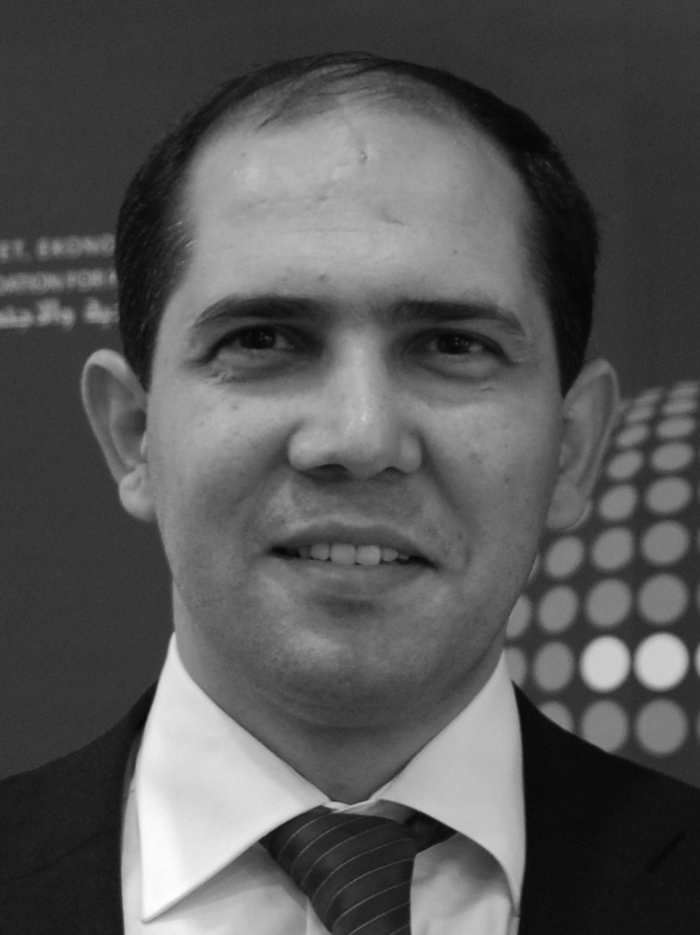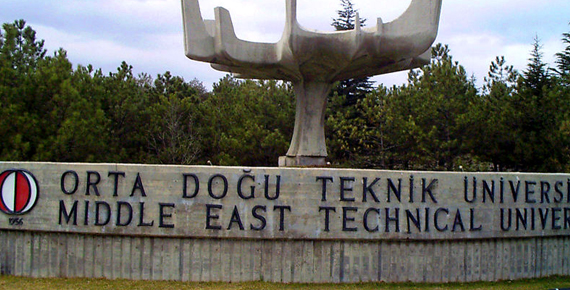Let’s imagine a headline as: “A group of students protested Kemal Kılıçdaroğlu during his visit to Erciyes University and students did not let Kılıçdaroğlu enter the campus.” Or as: “Devlet Bahçeli’s speech at Dicle University was cancelled due to student protests.” Or: “Students protesting Selahattin Demirtaş’s visit to Aksaray University attacked audience with stones and sticks.” How would or should we react to this news?
First of all, let me say this clearly: Most of the discussions over the student protest that took place in METU (Middle East Technical University) have nothing to do with the protest itself. Their being given as examples for increasing authority and intolerance of the governing party proves this argument. It is, therefore, necessary to focus on certain principles implicit in the university concept in order to correctly analyze the protest that took place during Prime Minister Recep Tayyip Erdoğan’s visit to METU. In this sense, analyses of the aforementioned imaginary news and analyses about the developments that were provoked by the Prime Minister’s visit should be addressed in the same manner. Student protests at a university is related to what academic freedoms include and does not include and should be dealt with as such.
THE STANDARD OF “UNIVERSAL CAMPUS”
One of the fundamental differences between modern university and other institutions is the principle of academic freedom. Contrary to common belief, academic freedom is not limited to the freedom of academics to freely express their opinion; academic freedom also covers students’ right to learn what they want to learn. In this context, universities are the places where even the most dissenting opinions are freely expressed. There is an overwhelming consensus on this. So, does academic freedom mean that all attitudes of a student or academics will be tolerated? How should an acceptable protest be at campuses? What kinds of attitudes are not welcomed in universities such as Columbia or Oxford? When traditions and practices of long-established universities in the world are considered, restrictive attitude draws attention. This restriction is related to academic freedom: Universities should not tolerate those who try to sabotage speakers at campuses because sabotaging means limiting one’s freedom of expression and another’s freedom to listen. Former President of the Princeton University William G. Bowen said in his book titled Lessons Learned: Reflections of a University President that “no college or university can tolerate infringement of rights of others or threatens the essential mission of the institution.”
Some students may be active and they may have political orientations. It is quite normal that university students express their opinion and protest some people. However, when considered in the light of the above-cited academic freedom, it is clear that the brawls at METU campus are violations of freedoms in many aspects. If every protest is considered legitimate based on the argument “This is METU, here everyone is protested,” then one cannot talk about a campus where it is possible to express every opinion but a faction.
First of all, attitude of some students saying “We will decide who will speak and use force to stop others speaking when deemed necessary,” cannot be tolerated in any of the campuses in developed countries. Whether the target of protests is a prime minister or an author or an ordinary citizen, this is clearly condemned and necessary disciplinary actions are taken.
Some students perhaps want tell their children and grandchildren in the future, “The good old days! We once clashed with hundreds of policemen and did not let the Prime Minister deliver his speech.” It is wrong that students do what they want by force but they may not be aware that their act is wrong. What is strange is that some









